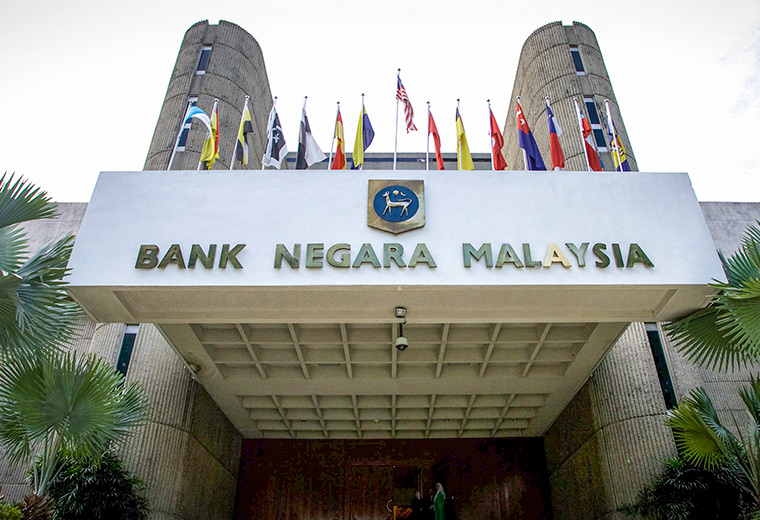PETALING JAYA: Bank Negara Malaysia’s (BNM) decision to reduce the overnight policy rate (OPR) by 25 basis points (bps) to a historic low of 1.75% underscores the continued need for monetary support to complement the economic stimulus packages to ensure the recovery from the Covid-19 pandemic impact is on track. according to Socio-Economic Research Centre executive director Lee Heng Guie.
“We concur that there are threats to domestic economic growth, depending on how fast our domestic demand can recover and also the pace of recovery in our major trading partners amid the risk of a second wave of coronavirus,” he told SunBiz.
Bank Muamalat’s economist Izuan Ahmad commented that the key rate cut will have some adverse impact on banks with a higher portion of floating rate financing in their portfolio.
“On the other hand, this new situation also presents an opportunity for the banks to enhance marketing efforts for their loan/financing products and services to the eligible consumers and potential customers due to the low interest/profit rate environment,” he said.
With regard to the latest development, OCBC Treasury Research economist Wellian Wiranto said while the central bank appears to be heartened by the recovery in economic activities since early May, it repeatedly highlighted the risk of a pandemic resurgence and the ensuing containment measures.
He said the statement by BNM warns of the threat of downside risks to the global outlook, “especially if a resurgence of the pandemic necessitates the reintroduction of containment measures”.
“In short, be it onshore or offshore, as heartening as it is to see that growth has troughed from the earlier virus onslaught, the spectre of another round of attacks on the horizon is a considerable cause for concern,” Wellian said in a report.
He noted that the central bank’s extensive focus on the virus resurgence risk suggested that the easing may be just as much about bolstering Malaysia’s defences against the onslaught of what may come as it is about spurring ongoing recovery.
Given the increasingly real potential for a resurgence in Covid-19 outbreak to deal another severe blow to the global economy and BNM’s dovishness to limit the impact, the economist opined that the OPR might not remain at 1.75% for long.
Wellian believes there is a good chance for the key rate to come down to 1.5% in the next meeting in September.
“Perhaps two months from now, the renewed anxiety about the virus would prove to be unfounded and BNM may be comfortable holding again. We simply, frankly, do not know. But it would not be a bad thing if that turns out to be the case and we are wrong,” he said.
UOB Research has also projected another 25 bps cut, and the OPR to end the year at a new low of 1.5%.
“However, we are cautious about the effectiveness of further rate cuts after four successive cuts. Interest rates are already at record lows which makes it more challenging to manoeuvre if a second wave hits or other negative surprises materialise,” it said.
MIDF Research, however, opined that it does not foresee any need for additional monetary easing.
“Despite the uncertainty and the downside risk to growth, the current level of policy rate is deemed accommodative for the recovery in economic activities to pick up further in coming months,” it said.
MIDF Research said the macro-economic releases indicated signs of recovery with manufacturing and vehicles sales exhibiting a rebound in June.
It also pointed out that measures to support employment will be positive for consumer spending, and the growing confidence in the economy while businesses reopen and adjust to the new normal will provide an additional boost to the country’s economic recovery.
“The external demand could remain as a drag to growth, depending on the pace of recovery and stabilisation in foreign demand.”













